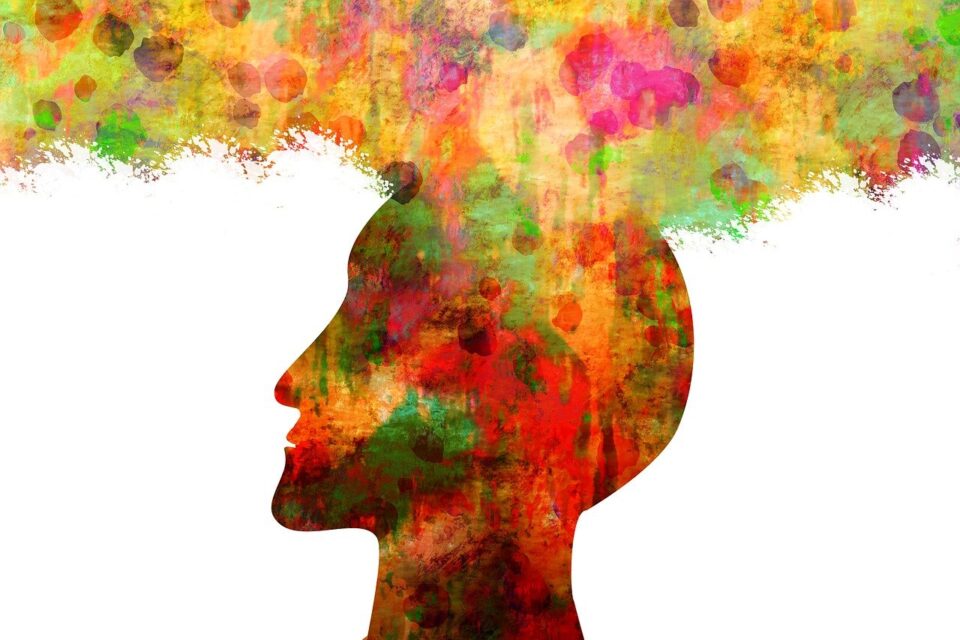Image by Gerd Altmann from Pixabay
Ever wondered what’s happening inside a gambling addict’s brain? Dive into these fascinating insights to unravel the mysteries of an addict’s neural processes.
1. Dopamine floods the system
Dopamine is a feel-good neurotransmitter. Gambling triggers its release. For addicts, this surge becomes intensely pleasurable and makes them seek the feeling again and again.
2. Brain reward system overdrives
Everyone has a reward system in their brain. But in a gambling addict’s brain, it’s hyperactive. It makes winning feel euphoric and losing unbearable.
3. Desensitization occurs over time
Over time, the brain craves more gambling to achieve the same dopamine high. This means gambling addicts often go for bigger bets and higher risks.
4. The illusion of control
Most of us know that gambling odds are designed for the casino or sportsbook to make money. And there’s not much you can do to influence the outcome. However, gambling addicts often become convinced they can predict what will happen next. This cognitive distortion strengthens with addiction. But it’s just the brain playing tricks on you.
5. Losses feel like near misses
In a gambling addict’s brain, losing often doesn’t actually feel like losing. They see these losses as almost-wins. That tricks them into pushing again for another try.
6. Escape from negative emotions
When someone is addicted to gambling, it’s often not their only issue. They often have underlying mental health issues too. For some addicts, gambling is a way to cope with sadness, stress or even boredom. The brain seeks out gambling for relief.
7. Compulsive habits form
Habits can easily become compulsions, especially for those with an addictive personality. For gambling addicts brains, their neural pathways get rewired. And that’s what makes it so tough to quit. But don’t worry, quitting is possible with the right help.
8. Stress hormones take a backseat
When you’re a gambling addict and you’re betting, your brain decreases the production of cortisol. This stress hormone reduction can make you feel more relaxed, but of course this is a deceptive feeling.
9. Memory recalls more wins than losses
It’s dangerous when you remember your wins way more than your losses. This selective memory in gambling addicts’ brains pushes them to gamble more, thinking they’re luckier than they are.
Getting help for a gambling problem
If you think you might be a gambling addict, you need to get help. In order to do that, it’s crucial you get help from the experts. There are many people there to help you and one of the best places to find resources is the National Council of Problem Gambling. As well as helpful articles and advice, you can find contact details for therapists and support groups where you can find further help.
Here are some of our other responsible gambling articles that might be useful to you:


